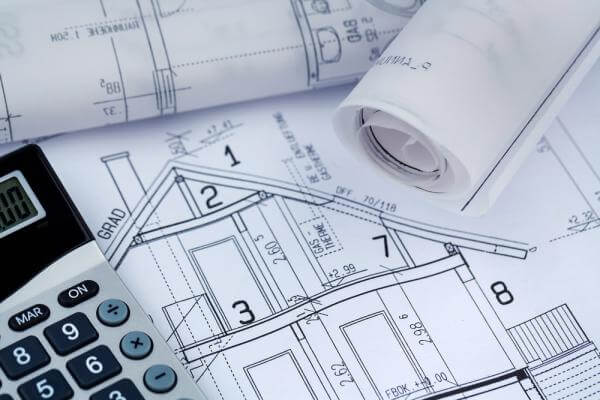Villa Circuitus sets a new precedent for high quality sustainable design
Developers Simone Kreutzer and Tommy Wesslund have recently completed work on an eco-home in Sweden, clad in Kebony. Villa Circuitus, meaning ‘a going around’ in Latin, is a spacious, circular 175 sq. m passive house containing four bedrooms and open plan kitchen and dining area.
The Villa Circuitus was built to meet passive house requirements, with strict environmental demands in terms of design and construction materials. Both Simone Kreutzer and Tommy Wesslund are certified passive house experts with special expertise in energy and ventilation, knowledge they brought to the design of their latest project. They were the creative minds behind this project and cooperated with Nina Sandahl from SAJT Arkitektstudio to design the bespoke home, Sweden’s first circular passive house.
The house has a 35 sq. m veranda on the second storey, from which residents can view the beautiful landscape. Surrounding this veranda is a balustrade with integrated solar panels, which make the home self-sufficient for most of the year. The round shape is carefully designed to expose the smallest surface possible to the outdoor air and thus reduces heat loss. Large windows around the perimeter of the building allow lots of natural light to illuminate the property throughout the day and also help heat the building. Every window is custom made to retain twice as much heat as normal windows and the air circulating through the house is kept at a steady temperature by a two stage heat exchanger which passes the air through a ground based water heater then a post-heater. This two stage process efficiently warms the air in winter to a temperature of 18.5°C – 20.5°C and cools it in summer so the air circulating is 16°C – 17°C.
Alongside these high-tech elements is the widespread use of natural, environmentally friendly construction materials. Recycled paper and glass are used throughout the structure and the whole house is built on a wooden frame with Kebony cladding. Kebony is a modified softwood that acts as a sustainable alternative to tropical hardwood. Developed in Norway, the Kebony technology is an environmentally friendly, patented process, which enhances the properties of fast growing sustainable softwood with a bio-based liquid. By impregnating the wood with furfuryl alcohol, the wood’s cell wall is polymerised resulting in greatly improved durability and dimensional stability. Kebony therefore offers the performance qualities of a tropical hardwood, such as teak or mahogany, without the environmental damage.
The balancing of modern and natural elements can also be seen in the external aesthetic of the house which interweaves beautiful Kebony cladding with striking orange panels around the windows. The colour of Kebony wood mellows over time from a rich brown to a silver grey patina, giving the whole structure a quiet, natural look, while the contrasting orange panels emulates the warmth and comfort emanating from the interior. The Kebony cladding helps the passive house to complement its natural surroundings, blending in with the rocky landscape, while also offering fantastic protection from the cold weather.
Simone Kreutzer, developer of Villa Circuitus, commented ‘We have a passion for making sustainable homes and so we needed to ensure that every element of the house was responsibly sourced. The solar panelled balustrade, the recycled insulation and the striking Kebony cladding all help to realise our vision of a truly sustainable eco-home.’
Per Thyberg, Country Manager Sweden at Kebony said: ‘We at Kebony feel excited to be part of Simone and Tommy’s innovative design. Now the Villa is complete it looks stunning, has a fantastic open plan layout and sets a new watermark for sustainability. We hope to be involved in many more projects of this quality in the future.’
































